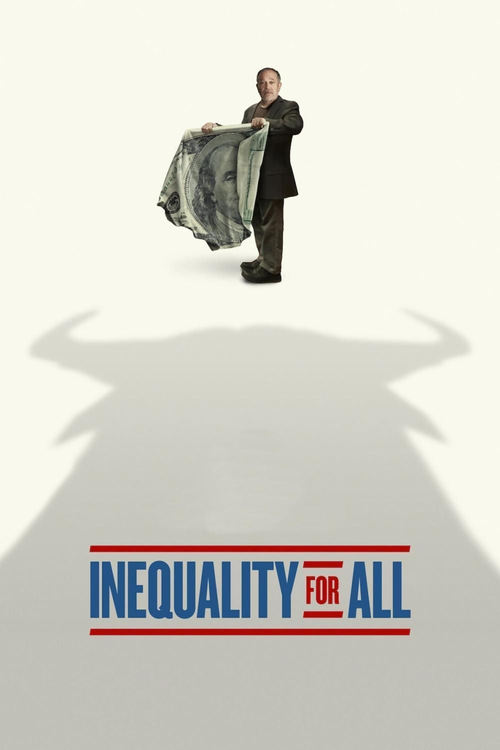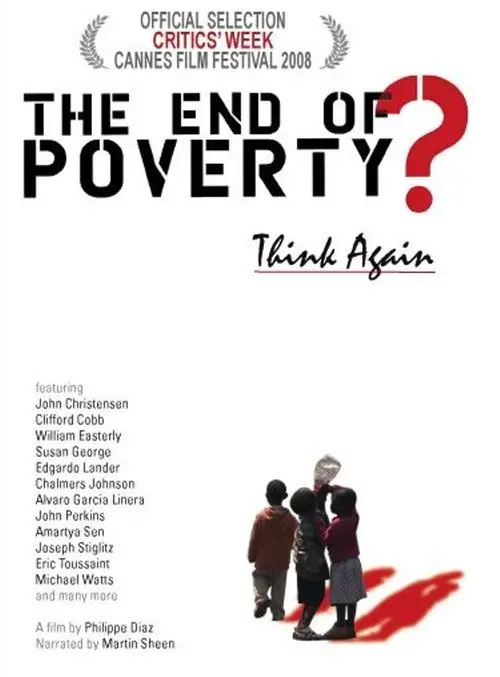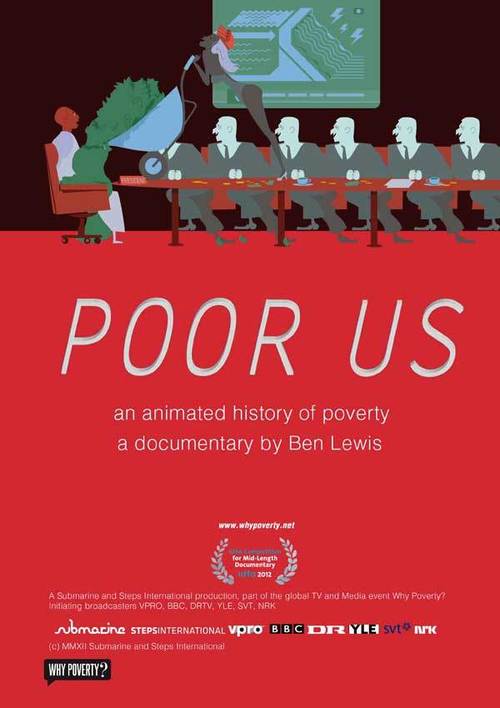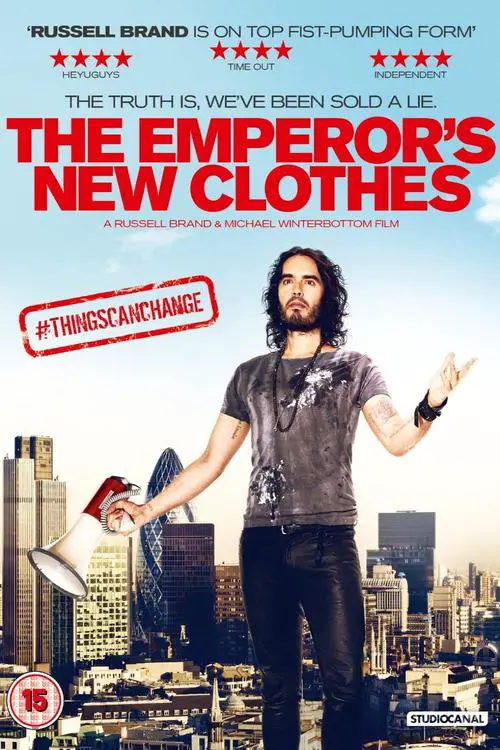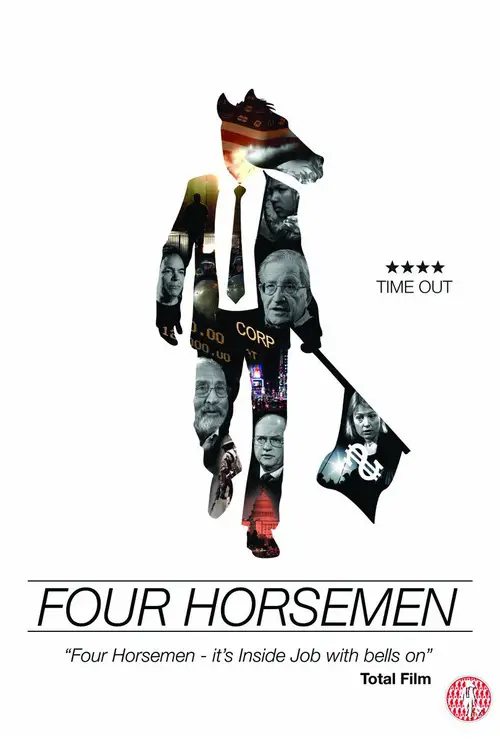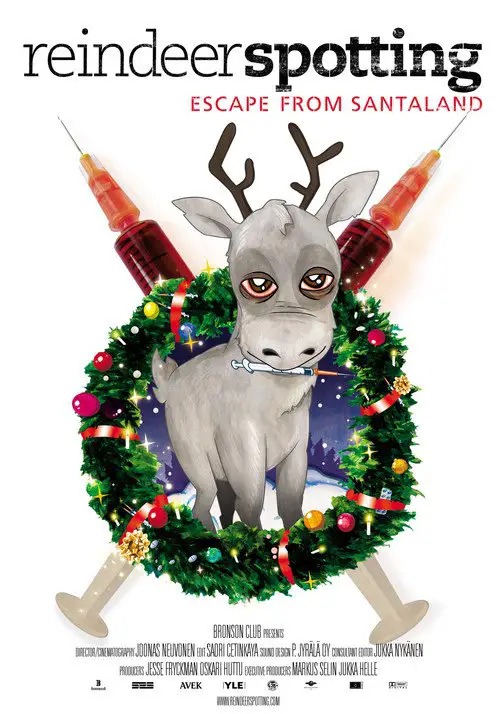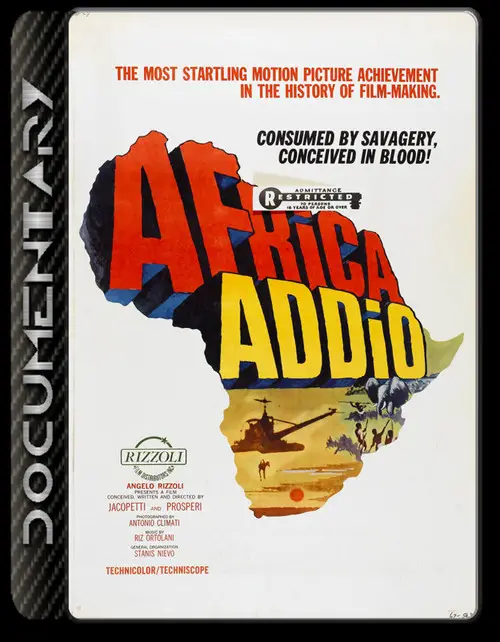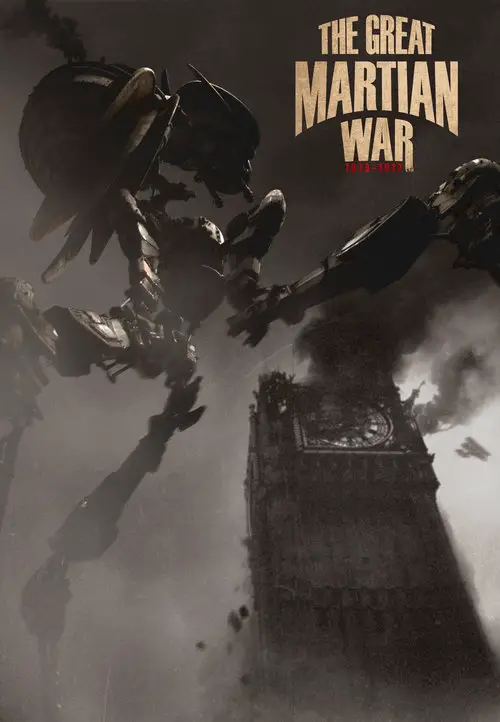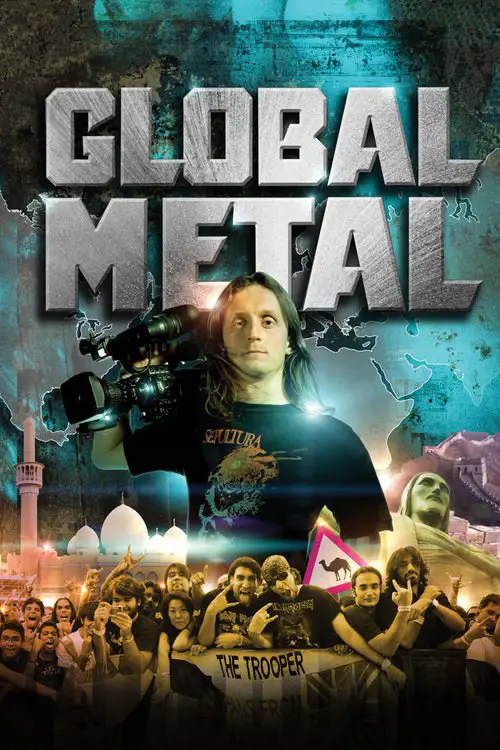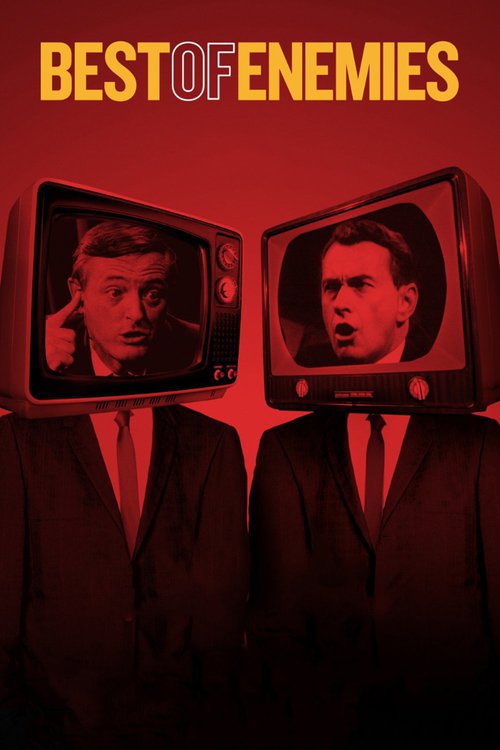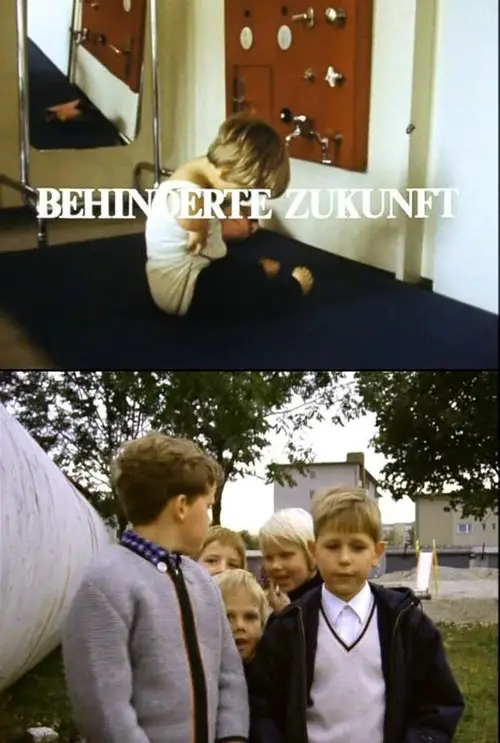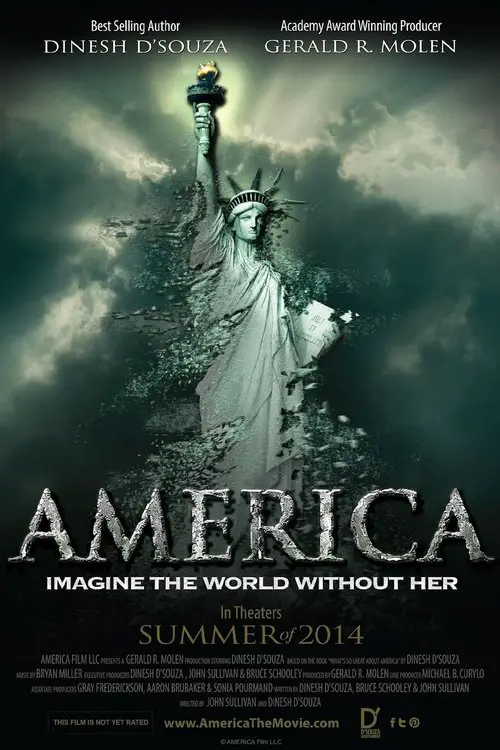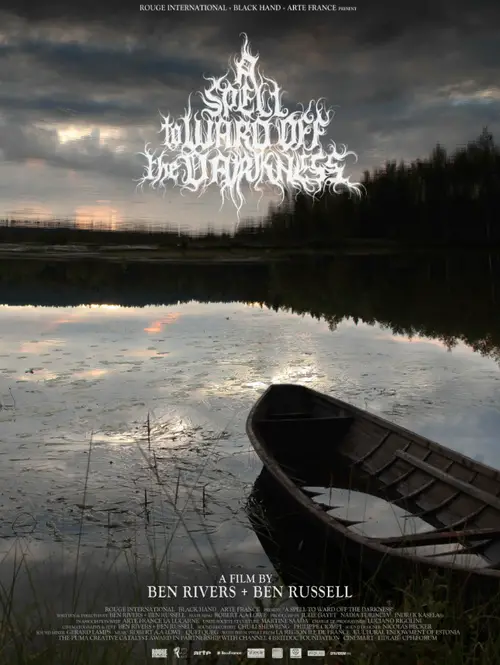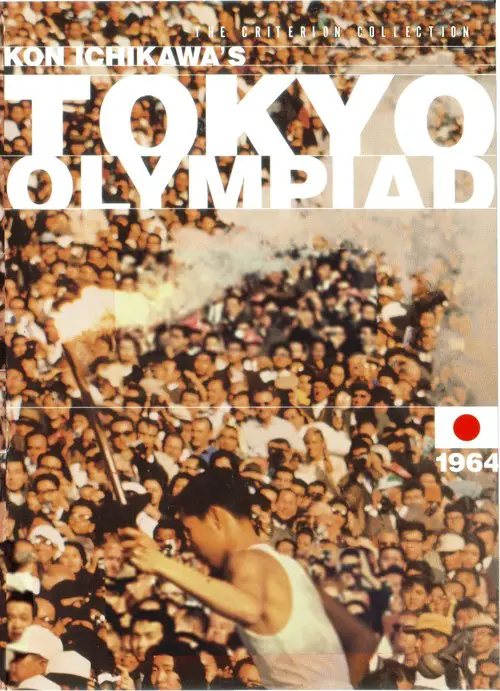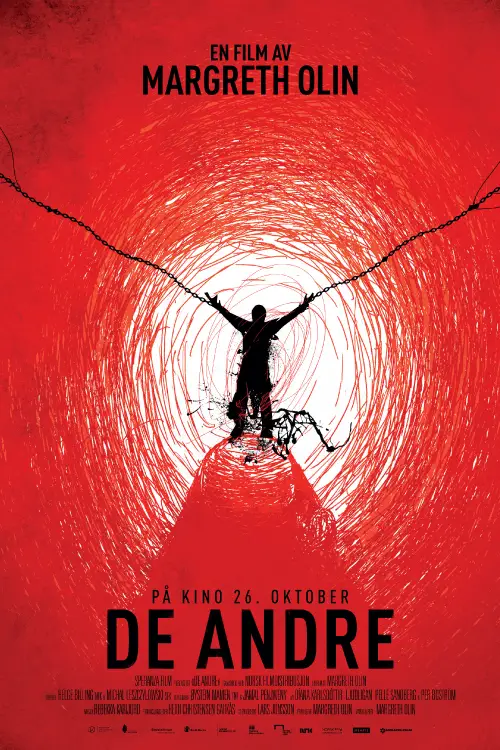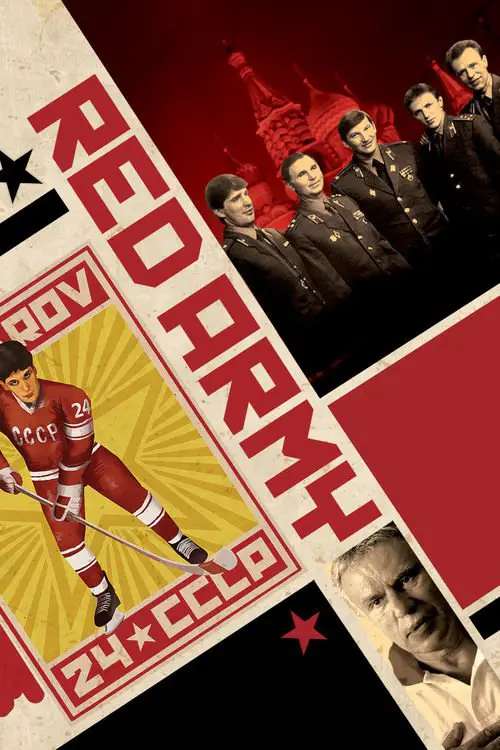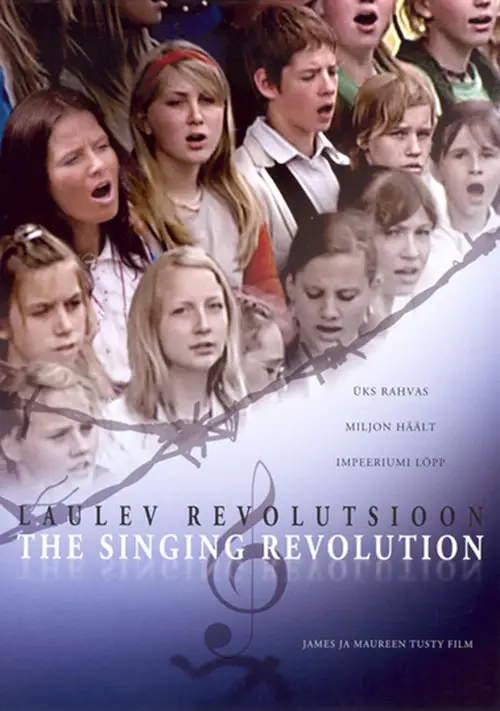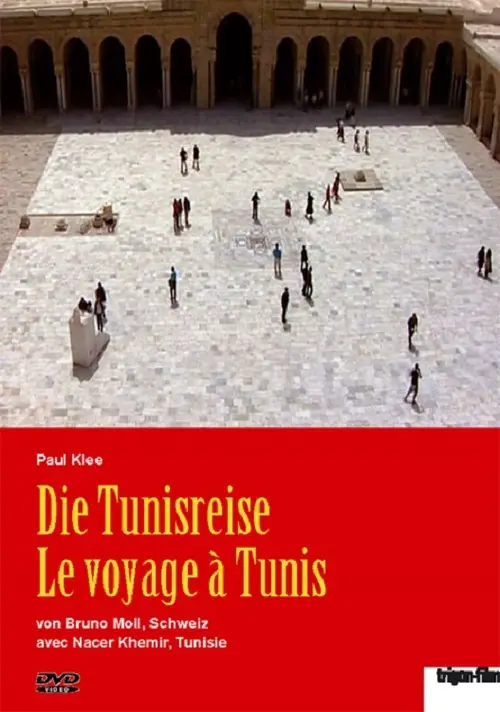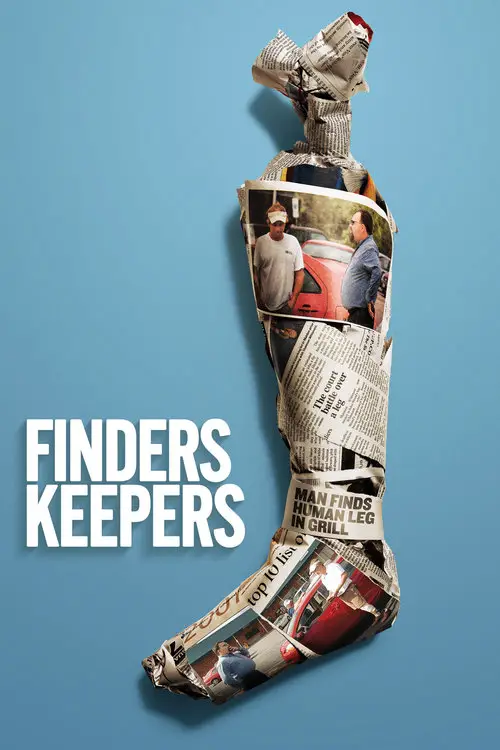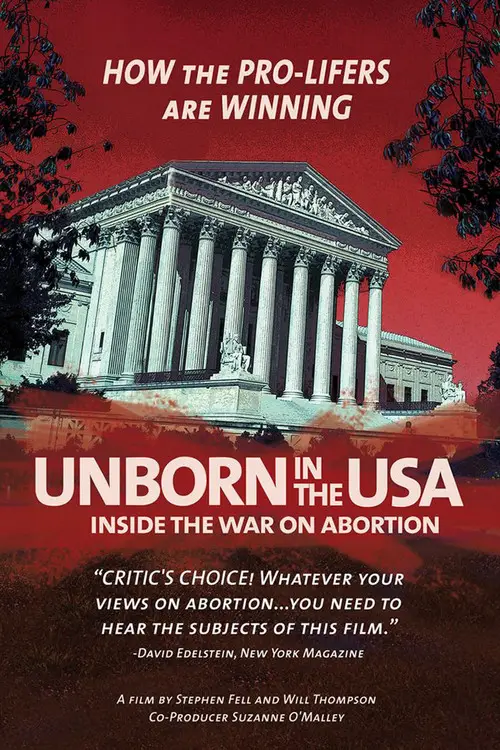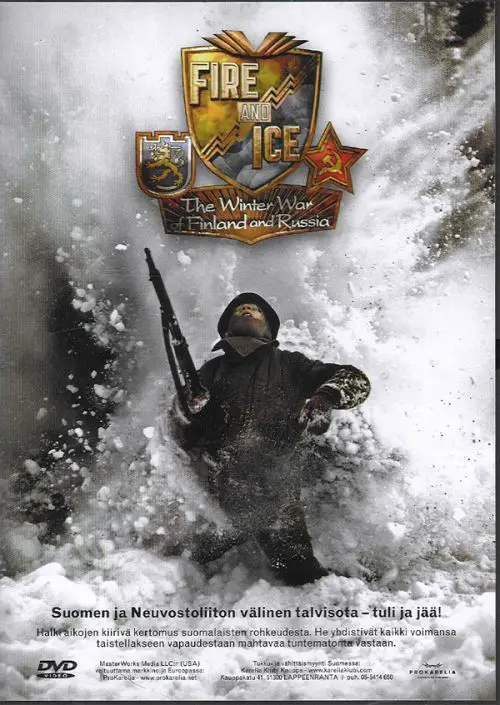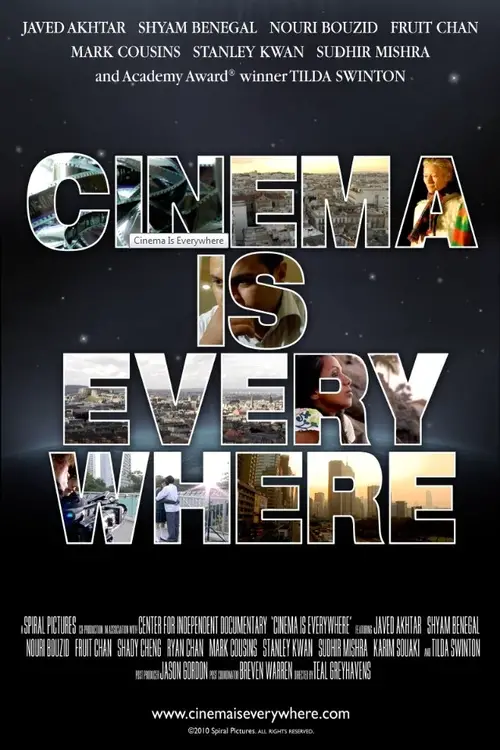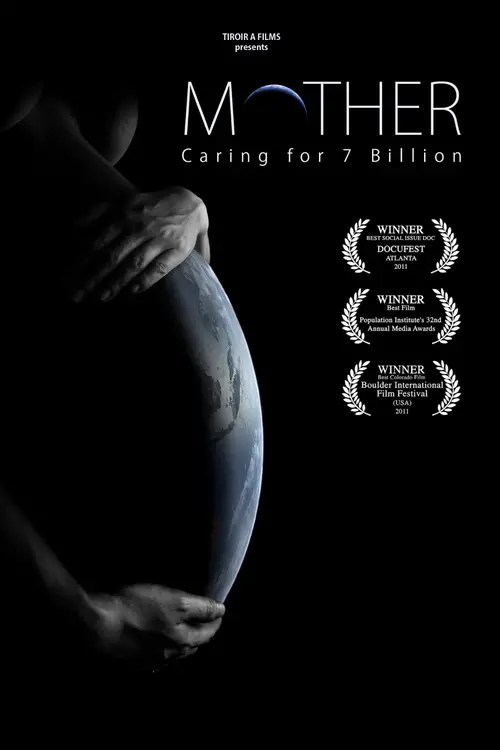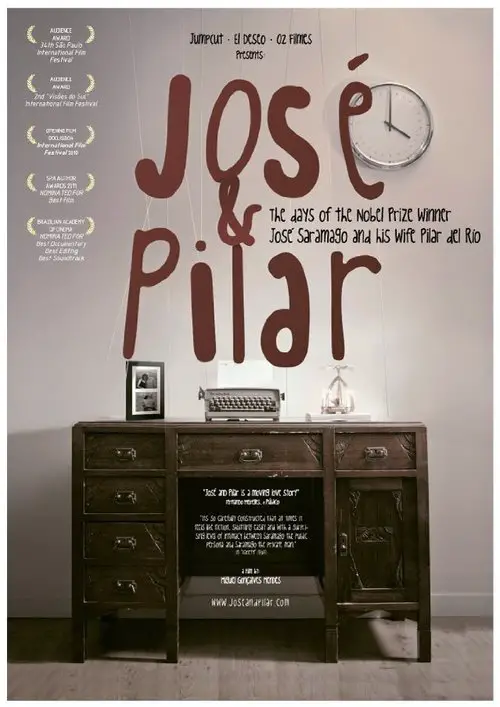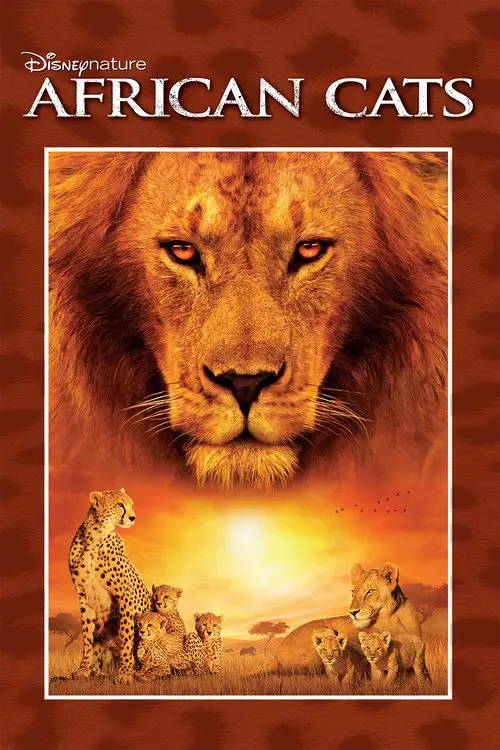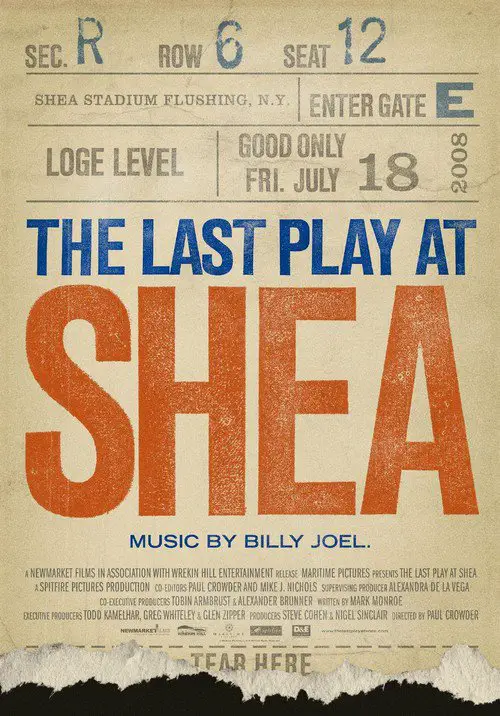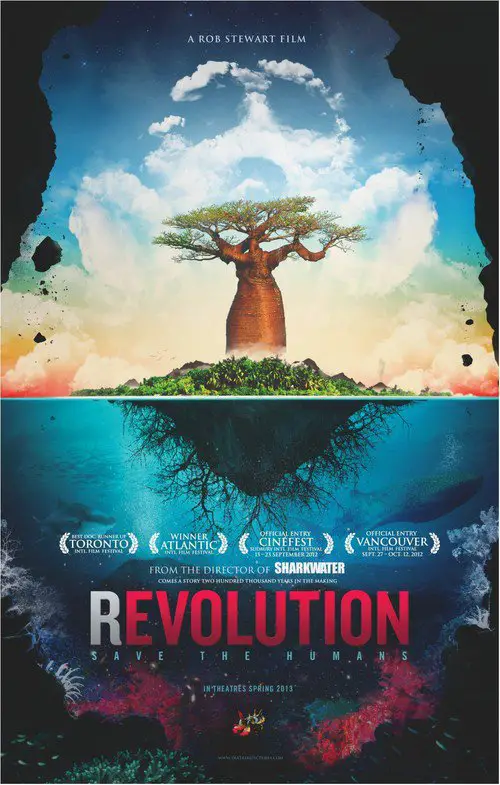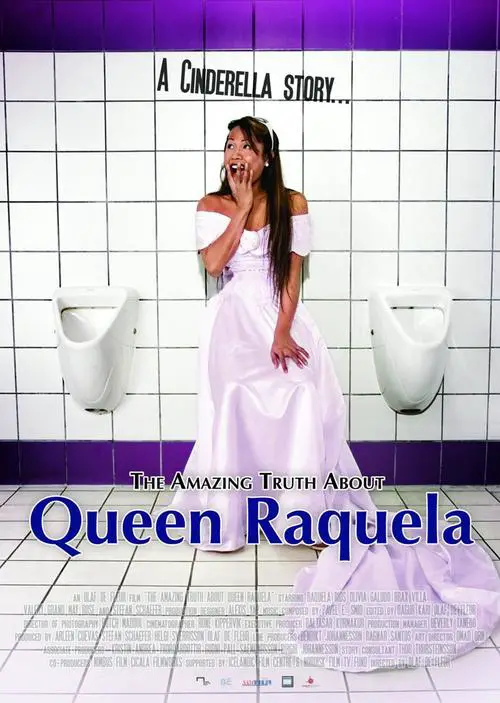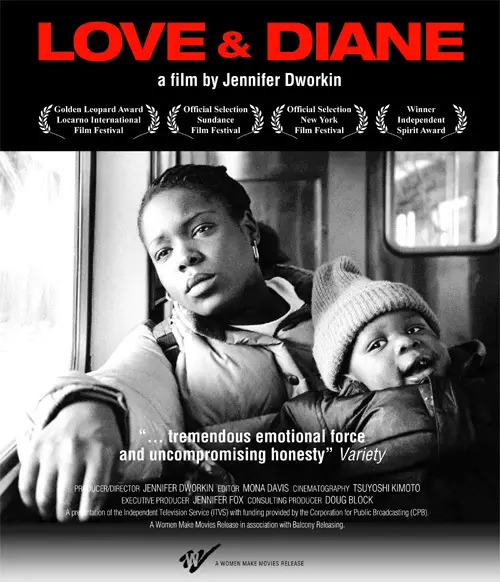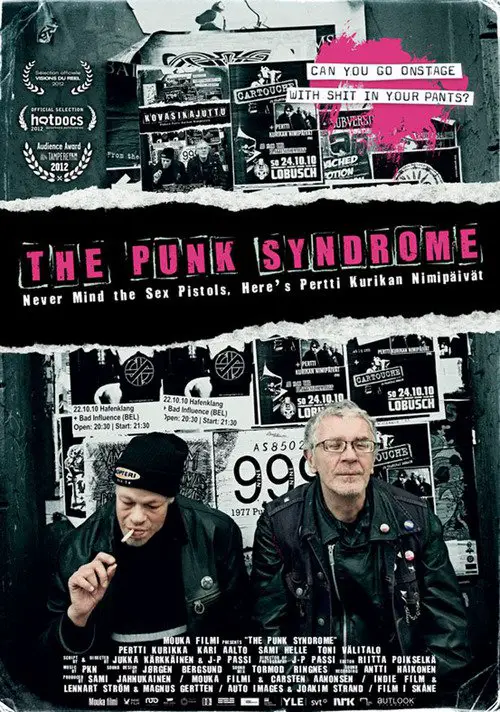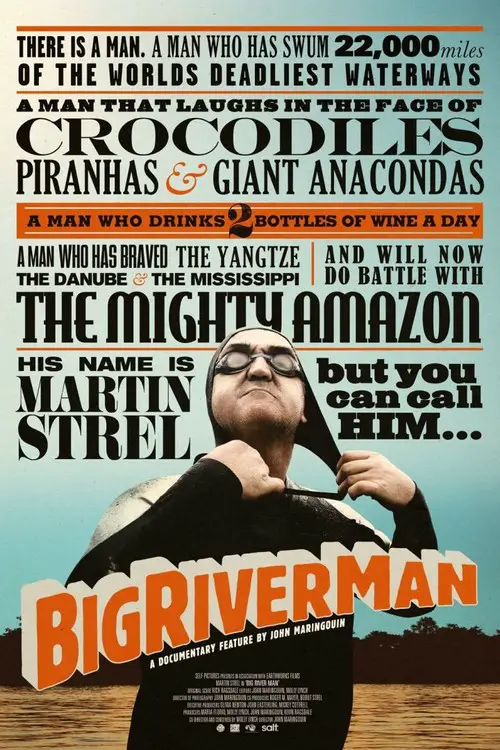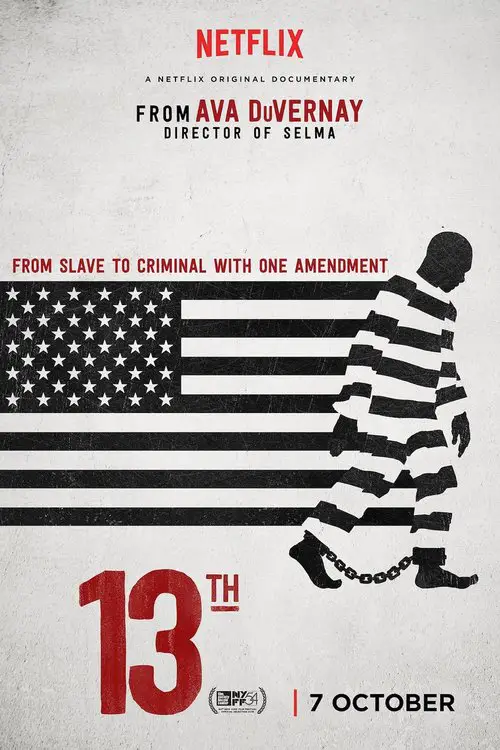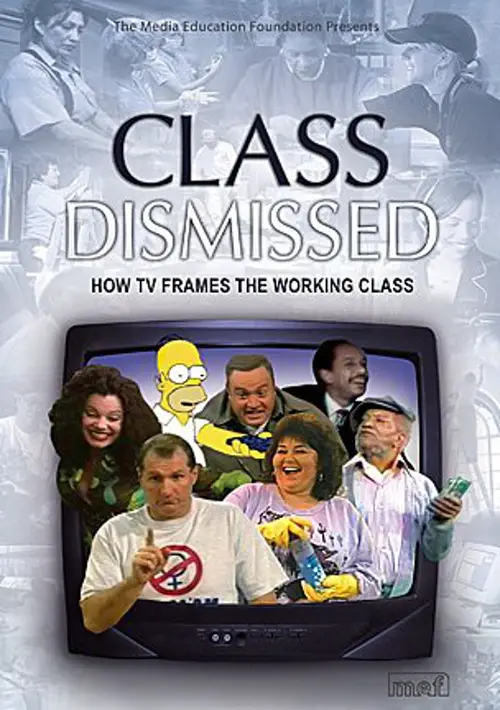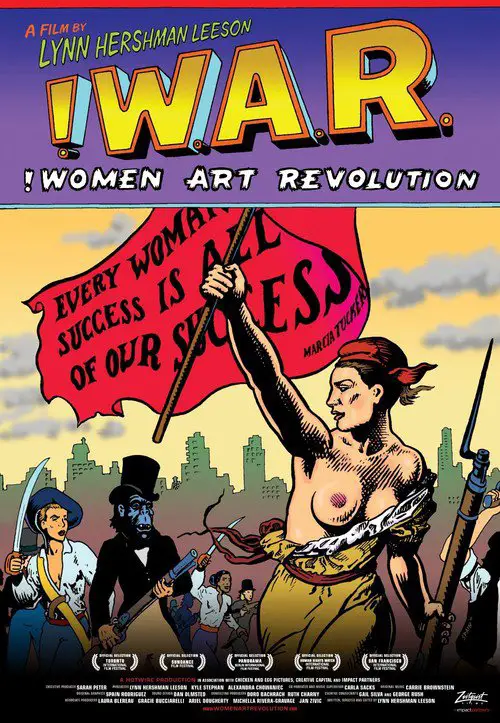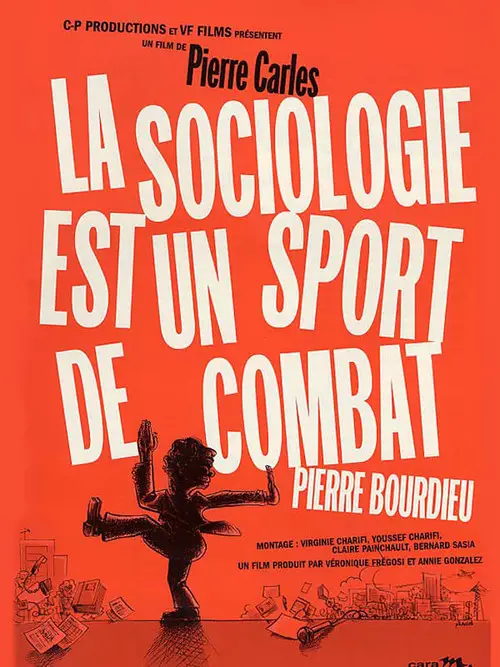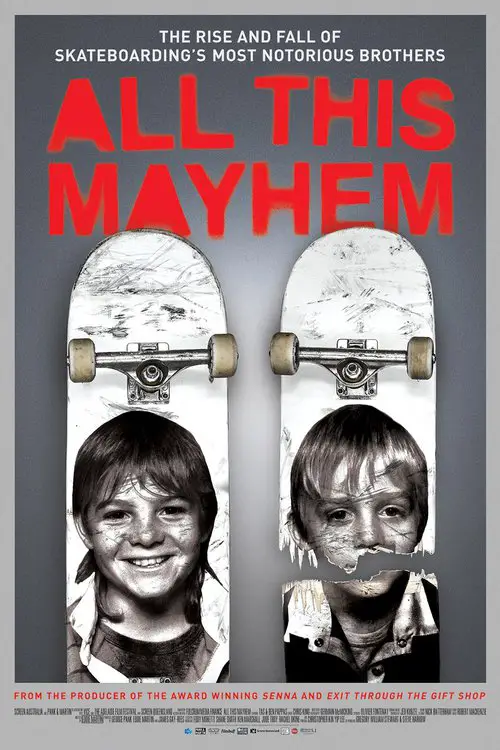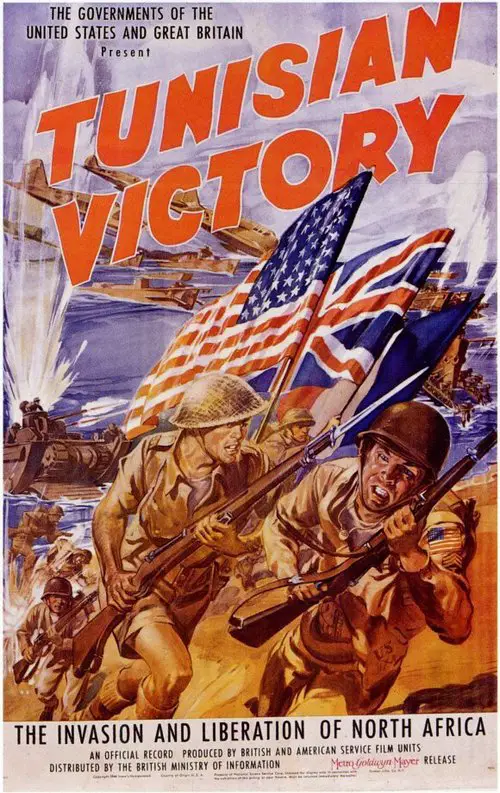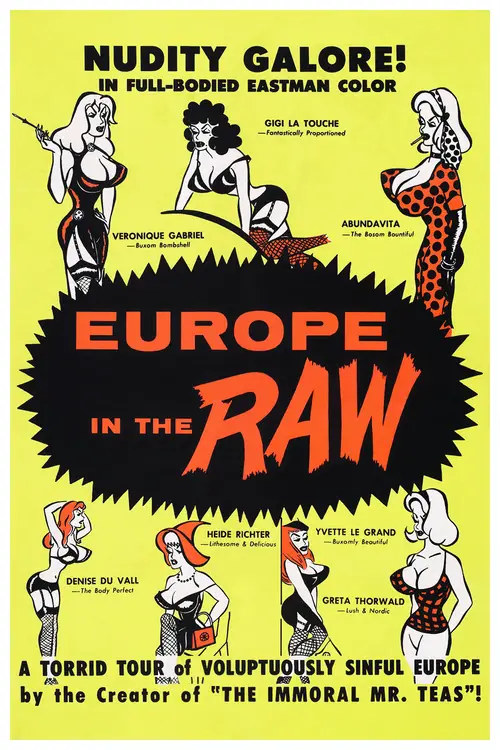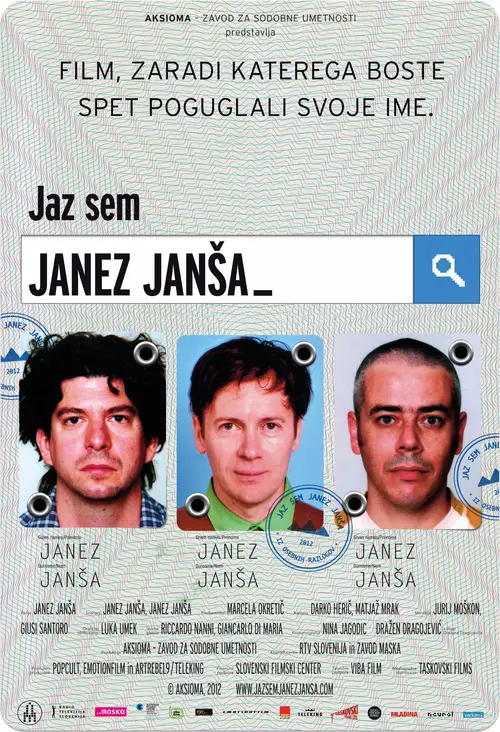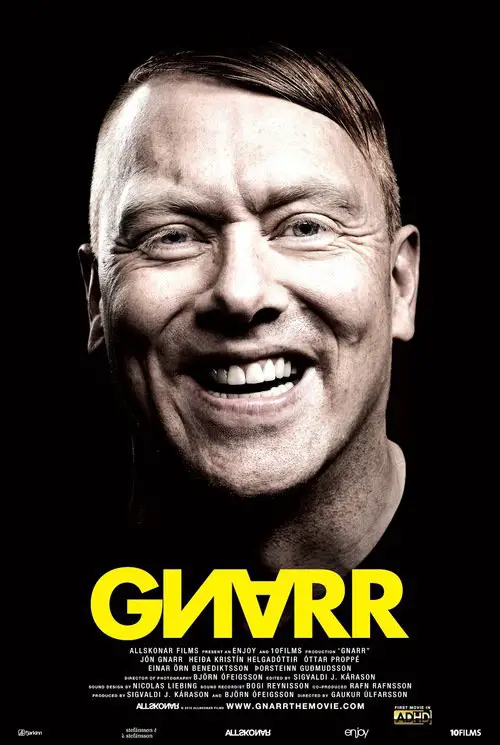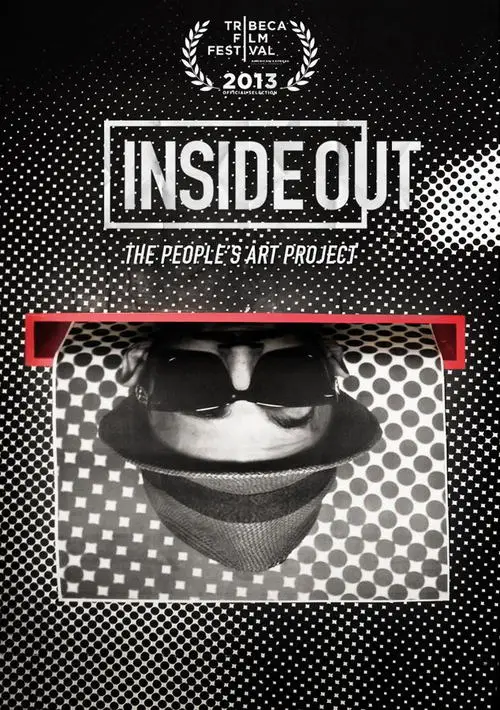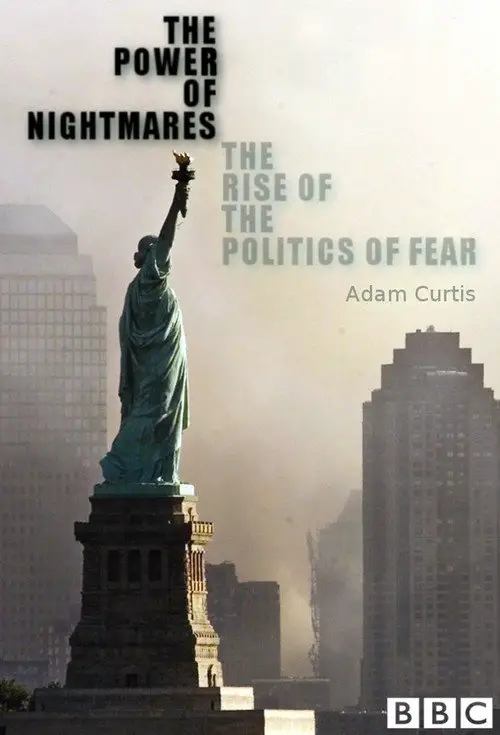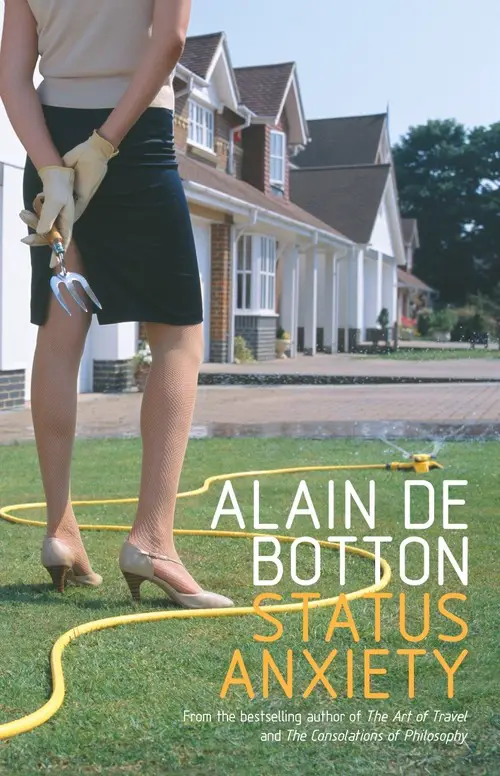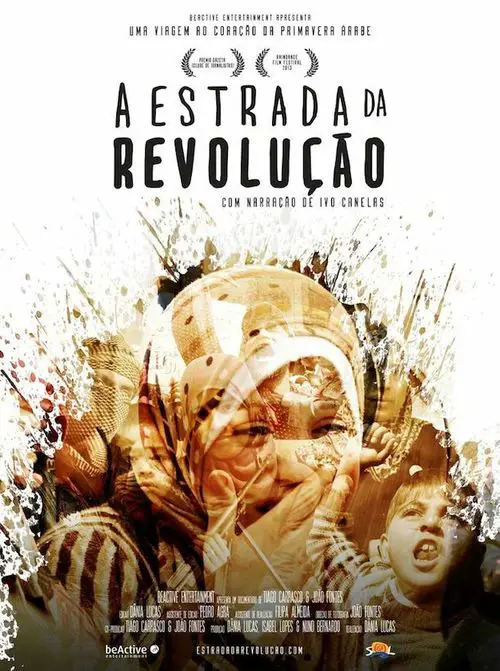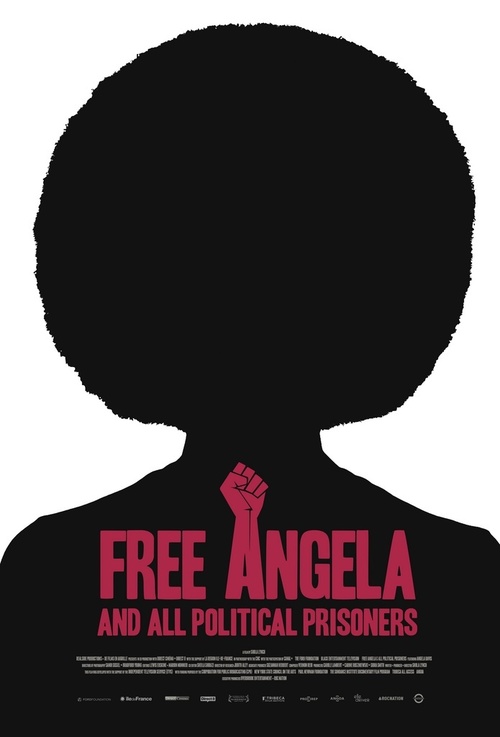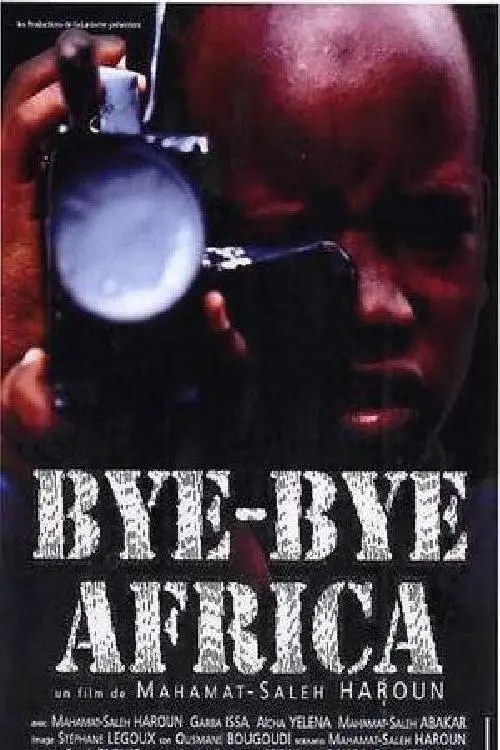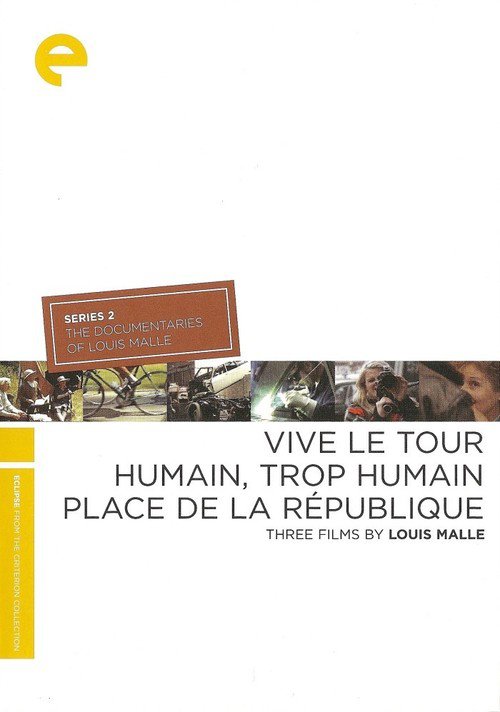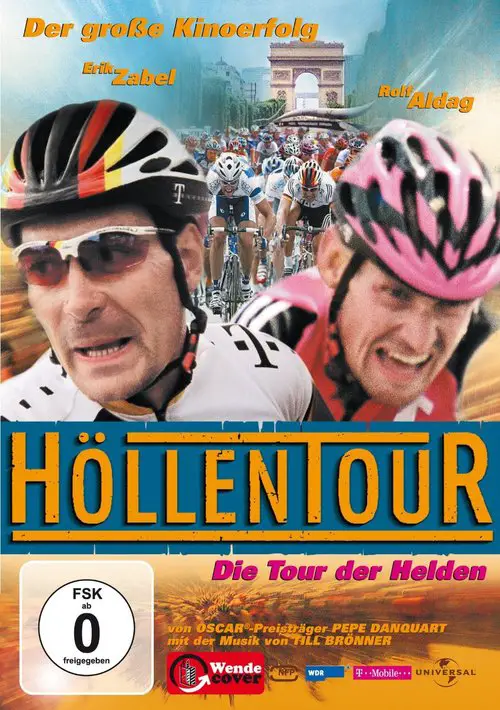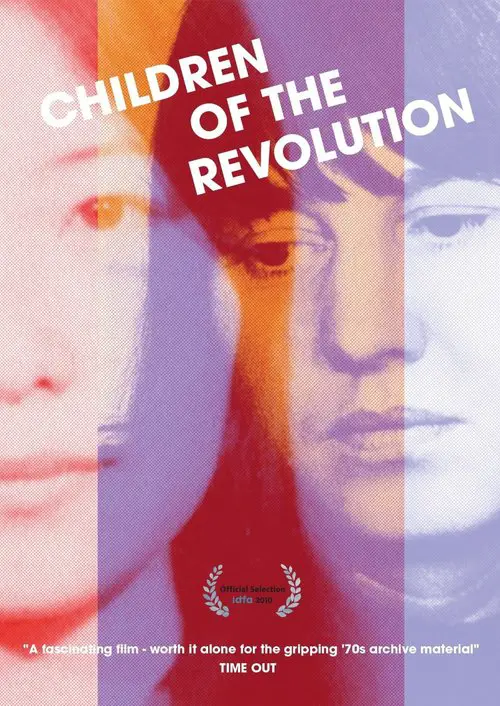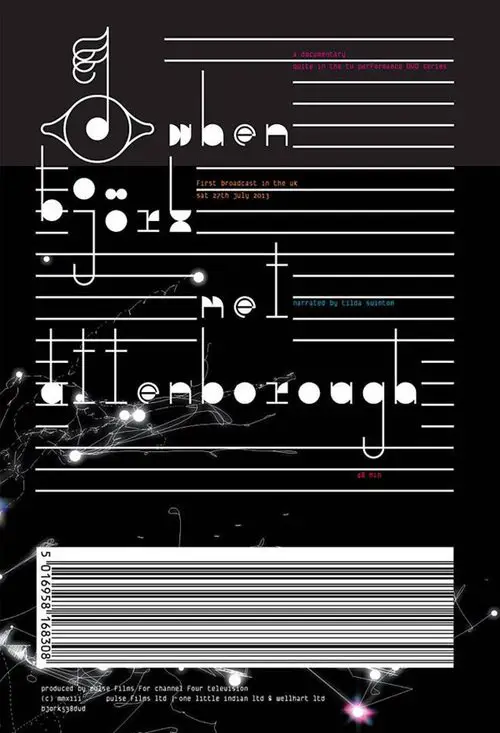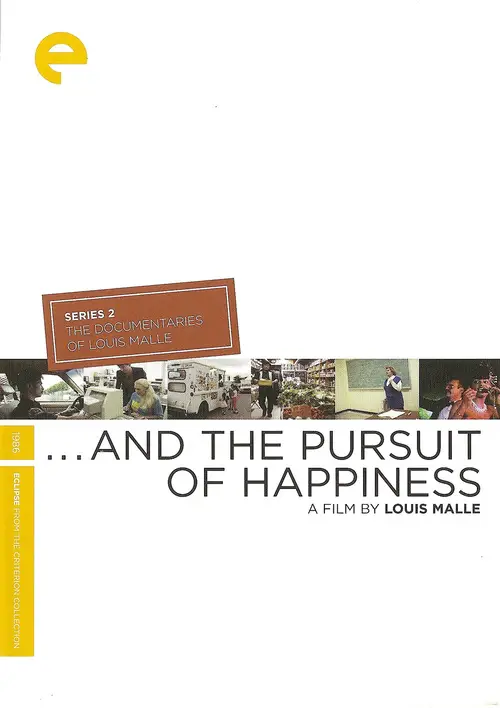Where to Invade Next (2016)
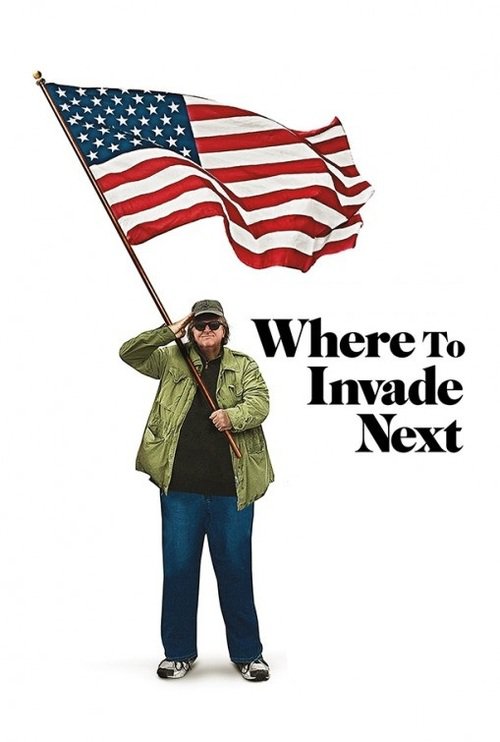
Similar movies
The End of Poverty? asks if the true causes of poverty today stem from a deliberate orchestration since colonial times which has evolved into our modern system whereby wealthy nations exploit the poor. People living and fighting against poverty answer condemning colonialism and its consequences; land grab, exploitation of natural resources, debt, free markets, demand for corporate profits and the evolution of an economic system in in which 25% of the world's population consumes 85% of its wealth. Featuring Nobel Prize winner Amartya Sen and Joseph Stiglitz, authors/activist Susan George, Eric Toussaint, Bolivian Vice President Alvaro Garcia Linera and more.
The poor may always have been with us, but attitudes towards them have changed. Beginning in the Neolithic Age, Ben Lewis's film takes us through the changing world of poverty. You go to sleep, you dream, you become poor through the ages. And when you awake, what can you say about poverty now? There are still very poor people, to be sure, but the new poverty has more to do with inequality...
Michael Winterbottom, celebrated director of 24 Hour Party People, The Road to Guantanamo, and The Trip, joins forces with actor, comedian, and provocateur Russell Brand for that most unlikely of documentary approaches: an uproarious critique of the world financial crisis. Building on Brandâs emergence as an activist following his 2014 book Revolution, where he railed against âcorporate tyranny, ecological irresponsibility, and economic inequality,â The Emperorâs New Clothes pairs archival footage with comedic send-ups conducted in the financial centers of London and New York. Brand spotlights not only how the crisis affected the working class around the world, but also how the uber-wealthy benefited from the downturn. With Winterbottom providing his signature ingenuity and pinpoint directorial control, they generate a riveting, boisterous, and, at times, cathartic riff on the extreme disparities between the haves and have nots in contemporary society.
Reindeerspotting is a documentary film of a group of young guys living in Rovaniemi, Arctic Circle, dabbling in petty crime and hard drugs. One of them, Jani, has lost five years of his life and two fingers to his debotators. He wants to leave Lapland and his old life behind. Robbing a supermarket is a start for his getaway. A few years back a documentarist, Joonas Neuvonen, was a young men living on social welfare, using drugs on daily basis. He started to film his friends and their life. This is the story of Jani.
Documentary-drama recounting the Martian War of 1913 - 1917. Europe was on tenterhooks in the 2nd decade of the 20th century, everyone was expecting a Great War between the major European powers. But then, in 1913, something crashed into the forests of SW Germany. Troops were sent to investigate but were wiped out. Martian fighting machines began making their way across Western Europe and the countries of Europe combined forces to resist them. With aspects taken from "The War of the Worlds" by H.G. Wells and from WWI itself, this dramatisation presents a documentary style look at events as they unfolded and the effect they had of our world today. Lots of references to real events including the mass attacks and defeats as men were thrown against machines on the Western front, the Christmas truce and the Angel of Mons, America's isolationism and late entry into the conflict, the worldwide "Spanish" flu epidemic that killed more people than the war, and many other things.
In GLOBAL METAL, directors Scot McFadyen and Sam Dunn set out to discover how the West's most maligned musical genre - heavy metal - has impacted the world's cultures beyond Europe and North America. The film follows metal fan and anthropologist Sam Dunn on a whirlwind journey through Asia, South America and the Middle East as he explores the underbelly of the world's emerging extreme music scenes; from Indonesian death metal to Chinese black metal to Iranian thrash metal. GLOBAL METAL reveals a worldwide community of metalheads who aren't just absorbing metal from the West - they're transforming it - creating a new form of cultural expression in societies dominated by conflict, corruption and mass-consumerism.
A documentary about the legendary series of nationally televised debates in 1968 between two great public intellectuals, the liberal Gore Vidal and the conservative William F. Buckley Jr. Intended as commentary on the issues of their day, these vitriolic and explosive encounters came to define the modern era of public discourse in the media, marking the big bang moment of our contemporary media landscape when spectacle trumped content and argument replaced substance. Best of Enemies delves into the entangled biographies of these two great thinkers and luxuriates in the language and the theater of their debates, begging the question, 'What has television done to the way we discuss politics in our democracy today?'
The struggle to eradicate apartheid in South Africa has been chronicled over time, but no one has addressed the vital role music plays in this challenge. This documentary by Lee Hirsch recounts a fascinating and little-known part of South Africa's political history through archival footage, interviews and, of course, several mesmerizing musical performances.
Political commentator, author and filmmaker Dinesh D'Souza puts forth the notion that America's history is being replaced by another version in which plunder and exploitation are the defining characteristics. D'Souza also posits that the way the country understands the past will determine the future. Using historic re-enactments, D'Souza explores the lives and sacrifices of some of America's greatest heroes, including George Washington and Frederick Douglass.
A man at three disparate moments in his life: as a member of a fifteen-person collective on a small Estonian island, alone in the wilderness of Northern Finland and as the singer of a neo-pagan black metal band in Norway. Three moments for a radical proposition for the creation of utopia in the present.
Kon Ichikawa documents the 1964 Summer Olympics in Tokyo. Like Leni Riefenstahl's Olympia, which documented the 1936 Summer Olympics in Berlin, Ichikawa's film was considered a milestone in documentary filmmaking. However, Tokyo Olympiad keeps its focus more on the atmosphere of the games and the human side of the athletes instead of concentrating only on the winners and the results.
In 2009 the Norwegian government introduced several measures to restrict immigration. One of the measures was to provide unaccompanied asylum seeking children temporary residence permits. They should be returned to their country of origin when they turn 18. In Norway child welfare custody of their children without close caregivers. This does not apply to unaccompanied asylum-seeking children between 15 and 18 years.
From Oscar and Emmy award winning filmmakers, Red Army highlights the Soviet Union's legendary and enigmatic hockey training culture and world-dominating team through the eyes of the team's Captain Slava Fetisov, following his shift from hockey star and celebrated national hero to political enemy. The film turns a unique lens on the social and cultural transformation of the Soviet Union leading up to the fall of Communism, mirroring the rise and fall of the Red Army team. A film by Gabe Polsky and Executive Producers Werner Herzog and Jerry Weintraub.
Most people don't think about singing when they think about revolutions. But song was the weapon of choice when, between 1986 and 1991, Estonians sought to free themselves from decades of Soviet occupation. During those years, hundreds of thousands gathered in public to sing forbidden patriotic songs and to rally for independence. "The young people, without any political party, and without any politicians, just came together ... not only tens of thousands but hundreds of thousands ... to gather and to sing and to give this nation a new spirit," remarks Mart Laar, a Singing Revolution leader featured in the film and the first post-Soviet Prime Minister of Estonia. "This was the idea of the Singing Revolution." James Tusty and Maureen Castle Tusty's "The Singing Revolution" tells the moving story of how the Estonian people peacefully regained their freedom--and helped topple an empire along the way.
Shannon Whisnant has a nose for a bargain. But when he bought a used grill at a North Carolina auction, the severed human foot he found among its ashes was not part of the deal. Soon the gruesome discovery becomes the toast of the infotainment world, and the new owner spies a golden opportunity to cash in on the media frenzy, until struggling addict and amputee John Wood recognizes his missing member and demands his own foot back. It is the stuff of documentary legend. Bizarre twists of fate with perfectly twisted characters take center stage in a courtroom battle with television's Judge Mathis, exploding this classic small-town feud to epic proportions as their 15 minutes of fame turns their lives upside-down and they find themselves basking under the heat lamps of the international talk-show circuit.
Unborn in the USA: Inside the War on Abortion is a 2007 documentary film featuring interviews with pro-life activists across the United states. Its tagline is, "How the pro-lifers are winning". The film was started as a thesis project by students Stephen Fell and Will Thompson of Rice University. The film chronicles major events such as the annual March for Life and the 2004 March for Women's Lives, and features interviews with members of the Army of God and other pro-life activists.
A documentary feature film that ties four narratives - from China, India, Scotland, and Tunisia - together with countless insights from venerable filmmakers and ordinary moviegoers. An aspiring actress in Mumbai battles to break into Bollywood; two friends in Scotland take a mobile film festival across the highlands; a young crew in Hong Kong embarks on the shooting of its first film; a Tunisian director anxiously anticipates the premiere of his controversial film at a major festival. These stories are woven together with scenes from video stores, projection booths, studios, cinemas, and slums into a vivid meditation on the power of cinema to shape our world.
ŽIŽEK! trails the thinker as he crisscrosses the globe, racing from New York City lecture halls, through the streets of Buenos Aires, and even stopping at home in Ljubljana, Slovenia. All the while Žižek obsessively reveals the invisible workings of ideology through his unique blend of Lacanian psychoanalysis, Marxism, and critique of pop culture.
Germany in Autumn does not have a plot per se; it mixes documentary footage, along with standard movie scenes, to give the audience the mood of Germany during the late 1970s. The movie covers the two month time period during 1977 when a businessman was kidnapped, and later murdered, by the left-wing terrorists known as the RAF-Rote Armee Fraktion (Red Army Faction). The businessman had been kidnapped in an effort to secure the release of the orginal leaders of the RAF, also known as the Baader-Meinhof gang. When the kidnapping effort and a plane hijacking effort failed, the three most prominent leaders of the RAF, Andreas Baader, Gudrun Enslin, and Jean-Carl Raspe, all committed suicide in prison. It has become an article of faith within the left-wing community that these three were actually murdered by the state.
Mother, the film, breaks a 40-year taboo by bringing to light an issue that silently fuels our largest environmental, humanitarian and social crises - population growth. Since the 1960s the world population has nearly doubled, adding more than 3 billion people. At the same time, talking about population has become politically incorrect because of the sensitivity of the issues surrounding the topic- religion, economics, family planning and gender inequality. The film illustrates both the over consumption and the inequity side of the population issue by following Beth, a mother, a child-rights activist and the last sibling of a large American family of twelve, as she discovers the thorny complexities of the population dilemma and highlights a different path to solve it.
"José and Pilar," a documentary by Miguel Gonçalves Mendes, is a deeply moving story about love, loss and literature. It follows the days of José Saramago, the Nobel-laureate Portuguese novelist, and his wife, Pilar del Rio. The film shows their whirlwind life of international travel, his passion for completing his masterpiece, "The Elephant's Journey" and how their love quietly sustains them throughout.
African Cats captures the real-life love, humor and determination of the majestic kings of the savanna. The story features Mara, an endearing lion cub who strives to grow up with her motherâs strength, spirit and wisdom; Sita, a fearless cheetah and single mother of five mischievous newborns; and Fang, a proud leader of the pride who must defend his family from a once banished lion.
In 1964, when the New York Mets were regarded as little more than a punch line in major league baseball, the team moved into a brand new ballpark, Shea Stadium, which was to become their home for the next forty-four years. Shea Stadium was closed (in part to create more parking space for a new stadium, Citi Field), and on July 16 and 18, 2008, Billy Joel headlined the final concerts held at the stadium. Filmmaker Paul Crowder and a camera crew were on hand for Joel's shows, and the documentary THE LAST PLAY AT SHEA chronicles his historic two-night stand, as well as exploring Joel's career, his ties to working-class New York, and how his life and career paralleled the growth of suburban Long Island and the beloved ballpark.
Revolution is a new movie from internationally-acclaimed filmmaker Rob Stewart. A follow-up to his award-winning documentary Sharkwater, this continues his remarkable journey of discovery to find out that what he thought was a shark problem is actually a people problem. As Stewart's battle to save sharks escalates, he uncovers grave dangers threatening not just sharks, but humanity. In an effort to uncover the truth and find the secret to saving our own species, Stewart embarks on a life-threatening adventure through 15 countries, over four years in the making. In the past four years the backdrop of ocean issues has changed completely. Saving sharks will be a pointless endeavor if we are losing everything else in the ocean, not just sharks. Burning fossil fuels is releasing carbon dioxide into the atmosphere; changing the oceans, changing atmospheric chemistry and altering our climate.
This new documentary traces the incredible life of the single most important female athlete of the 20th century as her 70th birthday nears. American Masters looks back to the 12-year-old Long Beach, California, girl who played tennis on public courts, observed disparity and, as she soared athletically, never stopped trying to remedy inequality. During her professional tennis career, King won 39 Grand Slam titles, helped form the Virginia Slims Series (pre-cursor to WTA Tour), founded the Women's Sports Foundation and Women's Sports magazine, and co-founded World TeamTennis (WTT). Her competitiveness on the circuit was matched by her efforts on behalf of women and the LGBT community, and her commitment to prove there is strength in diversity. Through these interviews and archival footage, the film illustrates the life of a woman whose journey became not just a battle for personal glory but a sociopolitical battle for equality for all.
The Punk Syndrome is a film about Finlandâs most kick-ass punk rock band, Pertti Kurikan Nimipäivät. The band members, Pertti, Kari, Toni and Sami, are mentally handicapped and they play their music with a lot of attitude and pride. We follow these professional musicians on their journey from obscurity to popularity. We watch them fight, fall in love and experience strong emotions. We witness long days in the recording studio and on tour. They laugh, cry, drink and fight over who gets to sit in the front on the tour bus. Then itâs time to make up and go talk to people in the audience and tell them how great their band is.
All This Mayhem is a searing account of what happens when raw talent and extreme personalities collide. In this unflinching, never-before-seen account of drugs and the dark side of professional skateboarding, brothers Tas and Ben Pappas' intense bond and charisma take them from the pinnacle of their sport into a spiraling world of self-destruction.
In 2007 three artists joined the conservative Slovenian Democratic Party (SDS) and officially changed their names to that of the leader of that party, the Prime Minister of Slovenia, Janez Janša. While they renamed themselves for personal reasons, the boundaries between their lives and their art began to merge in numerous and unforeseen ways.
In a country where bella figura is a national pastime, Prime Minister Silvio Berlusconi is the maestro of media manipulation. Having risen to political primacy with the aid of his Mediaset empire, he now controls 90% of the bel paeseâs television channels including the state-run RAI network. Quantity, it seems, does not equal quality. Fed on a diet of semi-naked dancing girls, inane competitions and rickety reality shows built around the most ridiculous of premises, is it any wonder that Italians are becoming a nation of fame-hungry wannabes?
A few years ago when the developed world was booming the bankers and stockbrokers thought the gravy train would never end. Now we all know what came next. The same thing that always comes next - Banking collapse, false wars, and recession. No country epitomized this rise and fall better than Iceland. Amongst the chaos politics staggered on and an election of new leaders began. For the jaded people whose lives had been changed so drastically, something needed to be done. Against this backdrop the Idea of The Best Party was born. It started out as a joke inside the head of Iceland's most cynical and most controversial comedian Jon Gnarr. The Idea was to poke fun at the establishment that had failed so spectacularly. Parody the arrogance of the 'left' 'right' parties and their false morality, by showing how ridiculous they all were. By Election Day something incredible was about to happen.
Inside Out is a film about the French artist JR giving away his method and the inspiring stories that follow that. JR wins the TED Prize 2011. He gives his prize (the wish to 'turn the world Inside Out') and his art back to the people, creating a global participatory art project inviting people to stand up for what they care about through the power of their own image. From Tunisia to Haiti, North Dakota to Pakistan, the film follows individuals and communities pasting their portraits in the streets. Now they don't just see art, they make it.
Road to Revolution follows the journey of three Portuguese journalists who travel through Tunisia, Syria, Egypt and Libya, two years after the uprising that became known as the Arab Spring. There they meet the men and women who have experienced the consequences of revolution first-hand. From the bold resisters of Egypt's Tahrir Square to Syrian refugees, freedom fighters and the mothers of Libyan martyrs, Road to Revolution captures the voices of ordinary people caught up in extraordinary events, standing as an honest and intimate testimony of past, present and future.
Free Angela is a feature-length documentary about Angela Davis and the high stakes crime, political movement, and trial that catapults the 26 year-old newly appointed philosophy professor at the University of California at Los Angeles into a seventies revolutionary political icon. Nearly forty years later, and for the first time, Angela Davis speaks frankly about the actions that branded her as a terrorist and simultaneously spurred a worldwide political movement for her freedom.
This first-person documentary provides an inside look into the terrifying and bloody events that shook Central Europe in the 1990s, as the filmmaker takes a trip along the road that once united the disparate states of Yugoslavia, from Slovenia to Macedonia. A film about memory, hatred, love and hope.
A Chadian film director who lives and works in France (Haroun) returns home upon the death of his mother. He is shocked at the degraded state of the country and the national cinema. The filmmaker decides to make a film dedicated to his mother entitled Bye Bye Africa but immediately encounters major problems. Cinemas have closed and financing is impossible to secure. The director reunites with an old girlfriend (Yelena), who was shunned by Chadians who could not distinguish between film and reality after appearing in one of his previous films as an HIV victim. Haroun learns about the destruction of the African cinema from directors in neighboring countries, but also finds Issa Serge Coelo shooting his first film, Daressalam. Things go badly and, convinced that it is impossible to make films in Africa, Haroun departs Chad in despair, leaving his film camera to a young boy who had been assisting him.
Year after year hundreds of thousands of fans line the route of the Tour de France, cheering on their heroes and willing them to victory, while millions of viewers worldwide tune in on their televisions. Academy Award-winning director Pepe Danquart, fascinated by the spectacle of the three week race, chose to focus on the courage, the pain and the fear of the riders of the Tour. Training his lens on German superstar sprinter Eric Zabel and his loyal domestique Rolf Aldag, Danquart captures the thrill of the race and the teamwork behind the stars of the peleton. He also shines light on the Tour's supporting cast - the director sportifs, masseurs, and, of course, the wildly enthusiastic fans. Reveling in the stunning landscape - from the Alps to the Pyrenees to the Massif Central to Paris - and with a nice dollop of Le Tour's history, HELL ON WHEELS transcends the sport it celebrates to reveal an astonishing human endeavor.
Award-winning musician Björk and legendary broadcaster and naturalist Sir David Attenborough have admired each other's work for years but this is the first time they have discussed their mutual love of music and the natural world on screen. In this remarkable documentary, Björk explores our unique relationship with music and discovers how technology might transform the way we engage with it in the future.
In 1986, Louis Malle, himself a transplant to the United States, set out to investigate the ever-widening range of immigrant experience in America. Interviewing a variety of newcomers (from teachers to astronauts to doctors) in middle- and working-class communities from coast to coast, Malle paints a generous, humane portrait of their individual struggles in an increasingly polyglot nation.
© Valossa 2015–2026
| Privacy Policy
